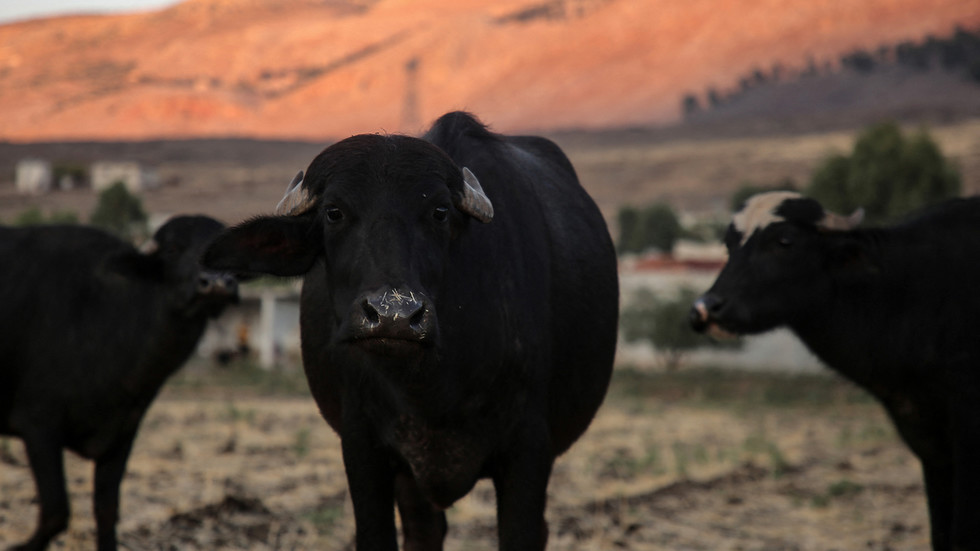Slate
This article is adapted from the book The Other Dark Matter: The Science and Business of Turning Waste into Wealth and Health by Lina Zeldovich. Copyright © 2021 by Lina Zeldovich. Published by the University of Chicago Press. All rights reserved.
The next time you go grocery shopping, take a look at where your food came from. If you live in colder climates, most of it isn’t local most of the time. In the northern United States, your strawberries likely come from California or Florida, your asparagus from Mexico or Chile, and your bananas from Ecuador or Costa Rica. Your salmon probably comes from Alaska, your beef likely originates in Texas, and your pork sausages aren’t stuffed by your local butcher either. Most of the food that gets put on our tables these days is shipped, trucked, flown and in some cases even helicoptered to us from far away.
As it grew, our food had to extract the nutrients from the soil, in which it was planted. Then it was shipped to us—using fossil fuels. Next, we eat the food—and we excrete the unused nutrients, which ultimately end up in a local body of water, probably closer to your house than you think. The marvels of modern engineering, our industrial sewage plants separate the so-called biosolids from the wastewater and clean that wastewater from germs—but not from the nutrients such as nitrogen, phosphorus and potassium, all of which are potent fertilizers. The sewage plants release that nutrient-rich effluent into the lakes and the rivers, which carry it down to the ocean, where it fuels algal blooms and destroys coastal marshes.
Canadian epidemiologist David Waltner-Toews calls this a “redistribution of nutrients on the planet,” that ruins the nutritional balance of ecosystems. “You’re taking all this biodiversity out of one ecosystem and creating these piles of shit somewhere else,” Waltner-Toews says—hence farm soils turn to dust while waterways suffocate from toxic algae blooms and marshes fall apart. As a result, our continuously depleted farmlands will require more and more fertilizer to produce food. With our changing climate, unpredictable weather, droughts, floods and heat waves, barren soils only add to the already pressing food security problems. We solve this problem by putting in more fertilizer, but we don’t have a good way of trapping the excess of nutrients on the other end. Instead, we release nitrogen-rich effluent into the water while the remaining biosolids, aka sludge, is burned or put in landfills, rather than into the fields. So even though your poop doesn’t physically pile up in the ocean, its nitrogen-rich vestiges are ruining the ecology…



Connect with us on our socials: